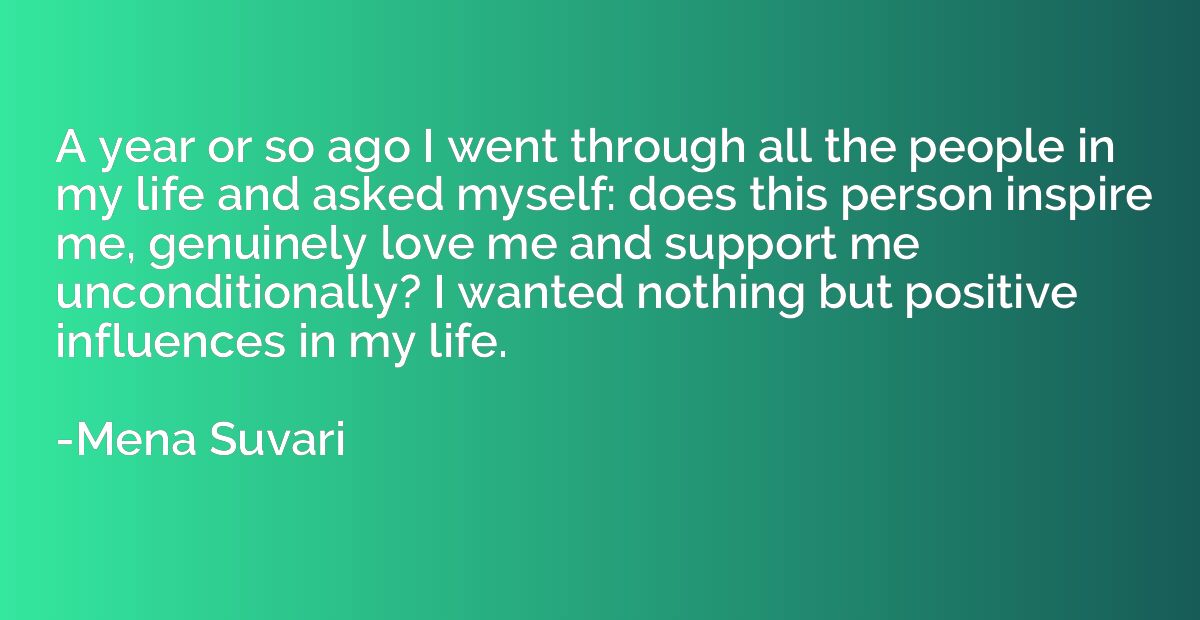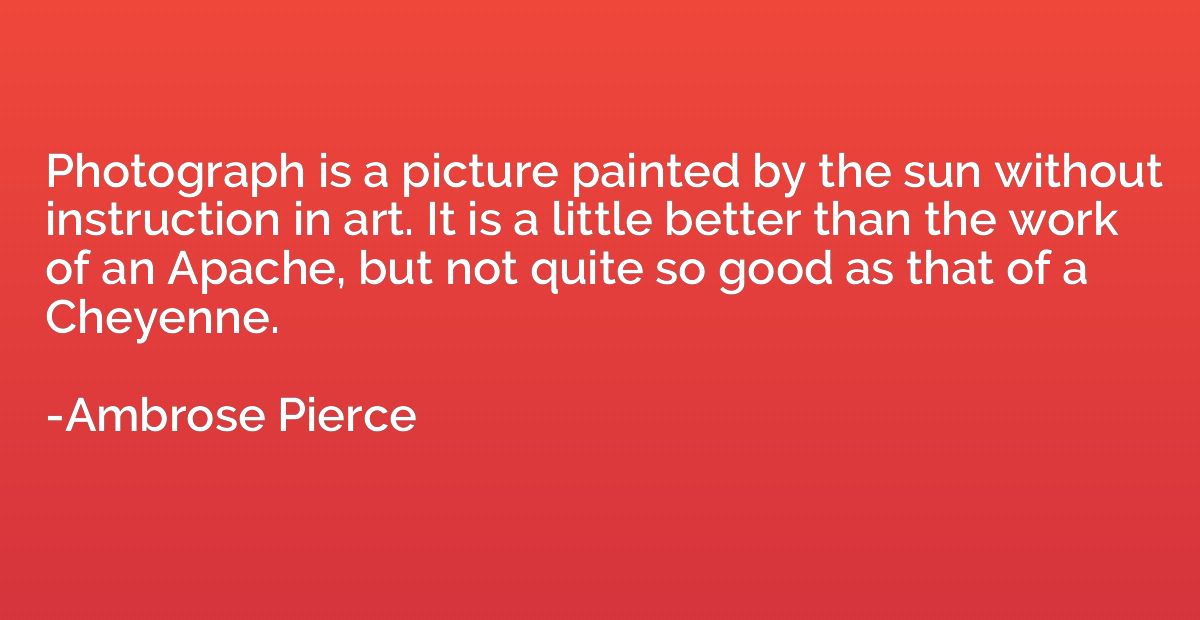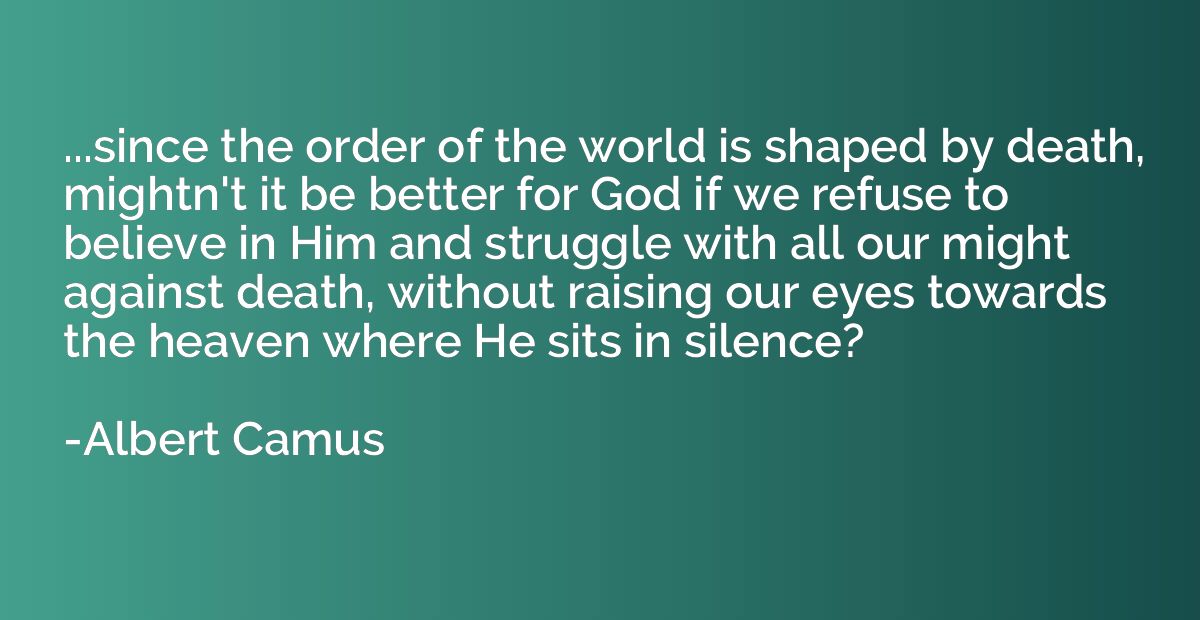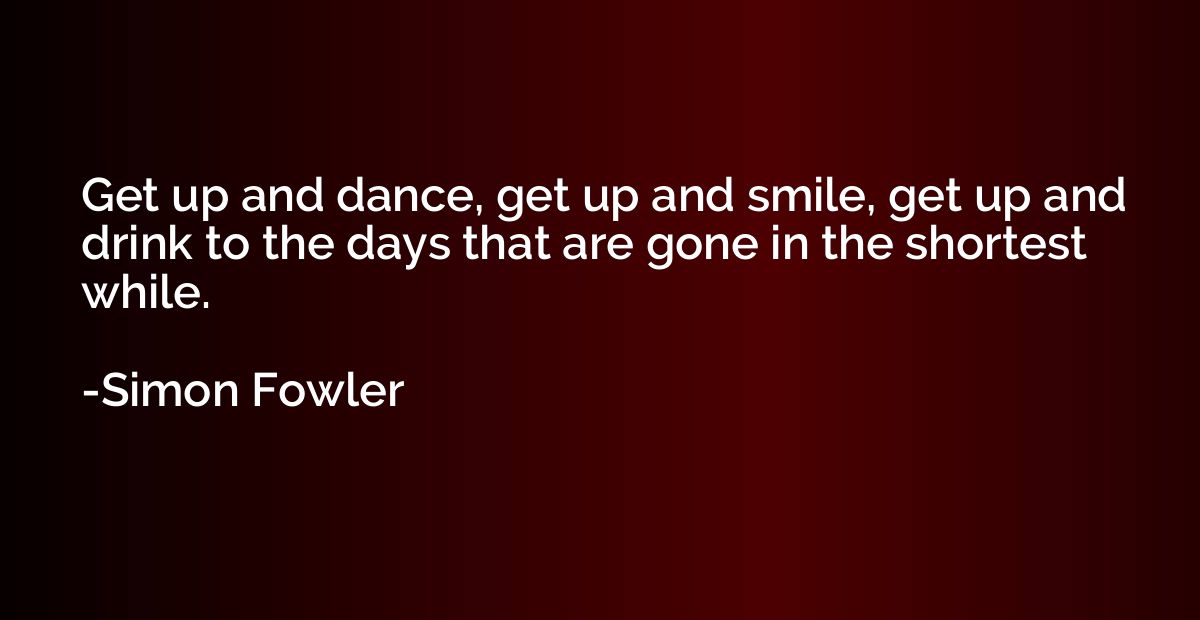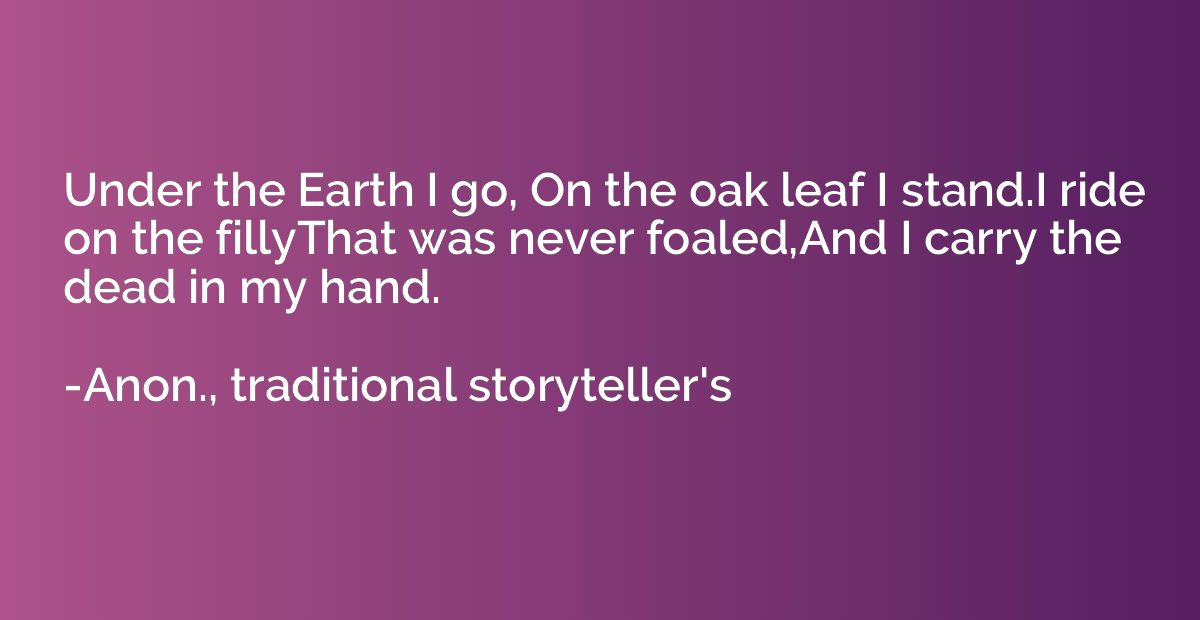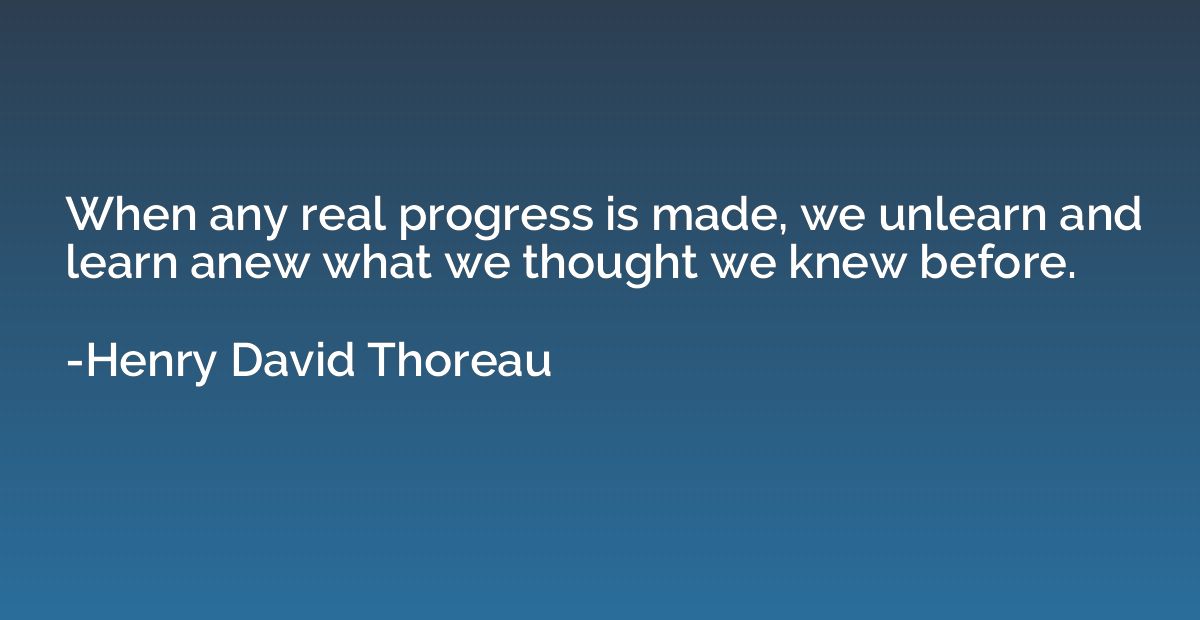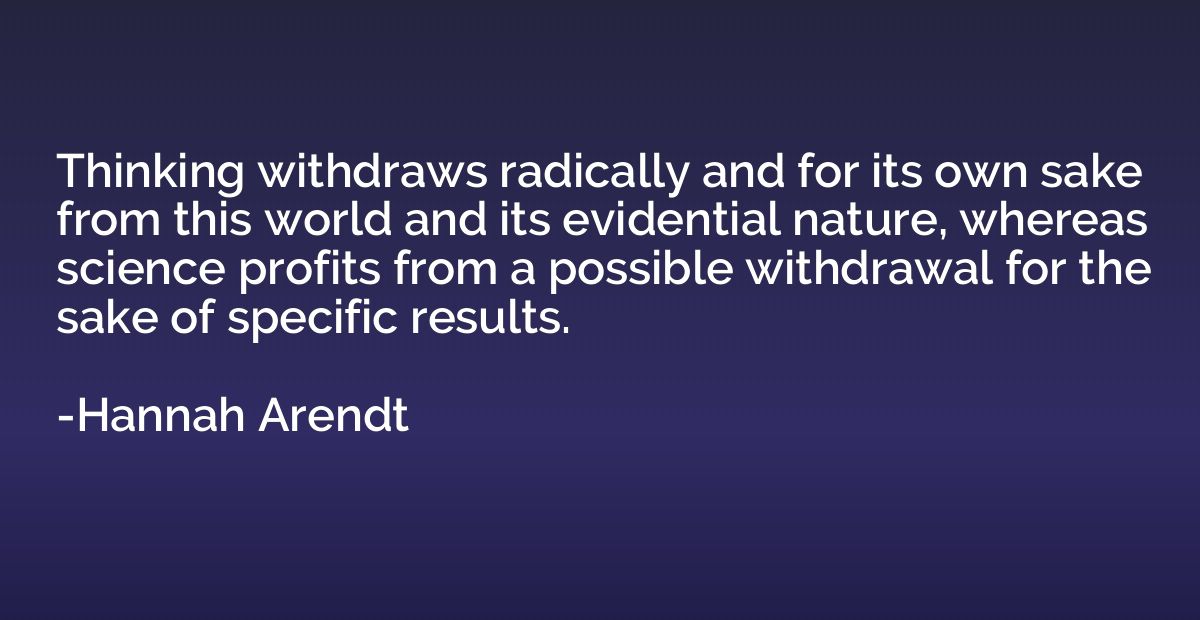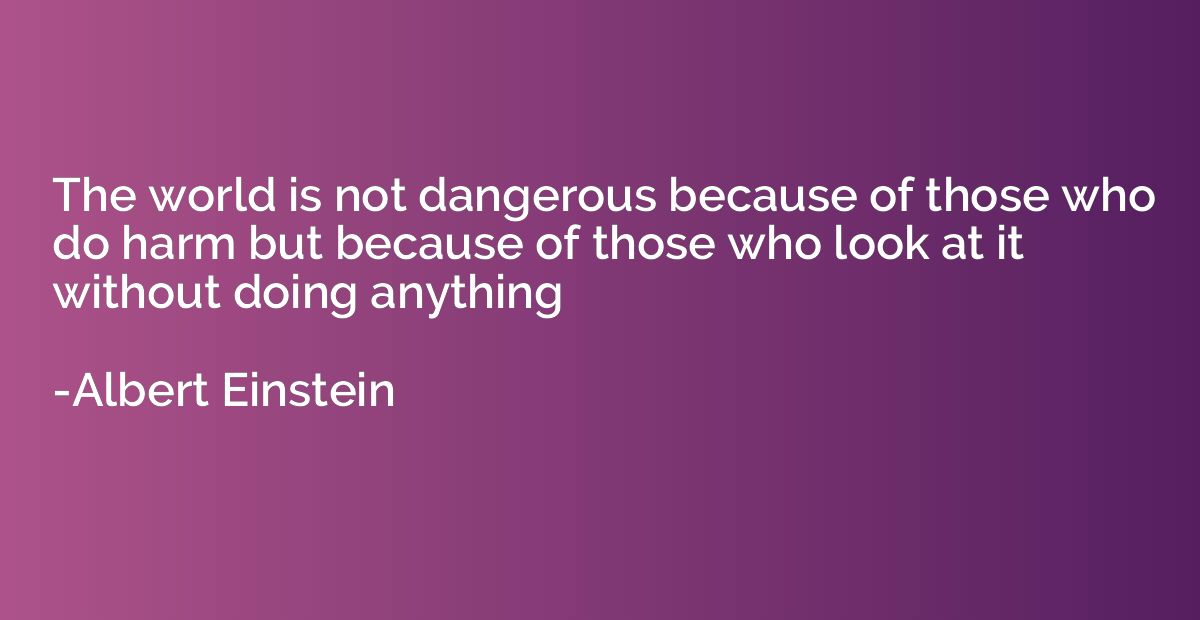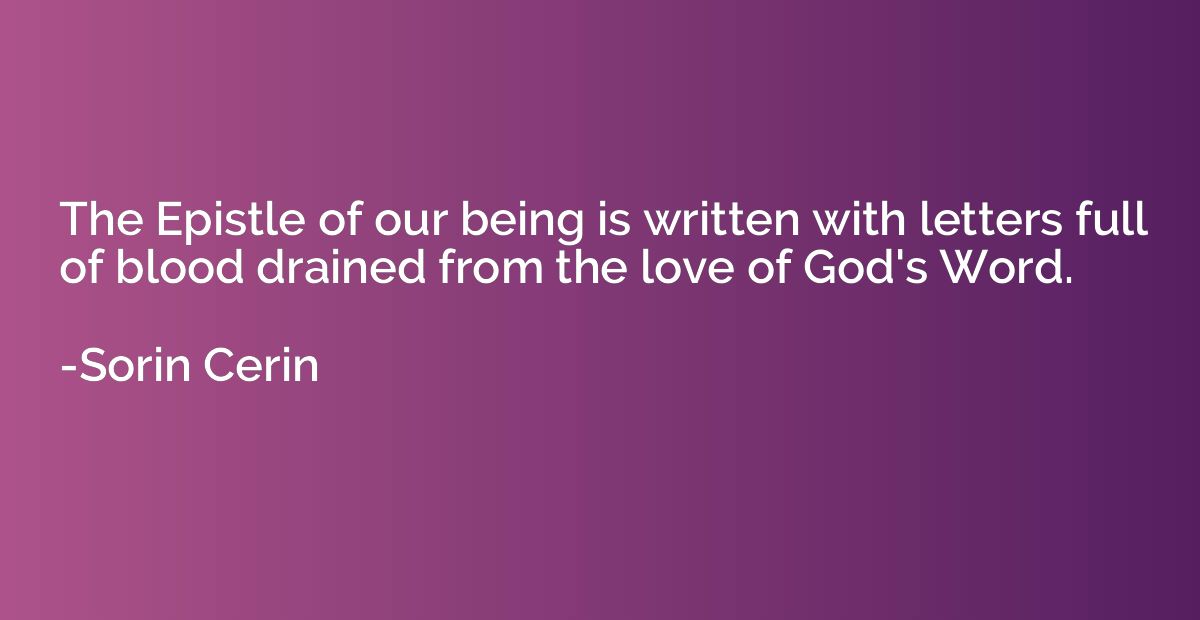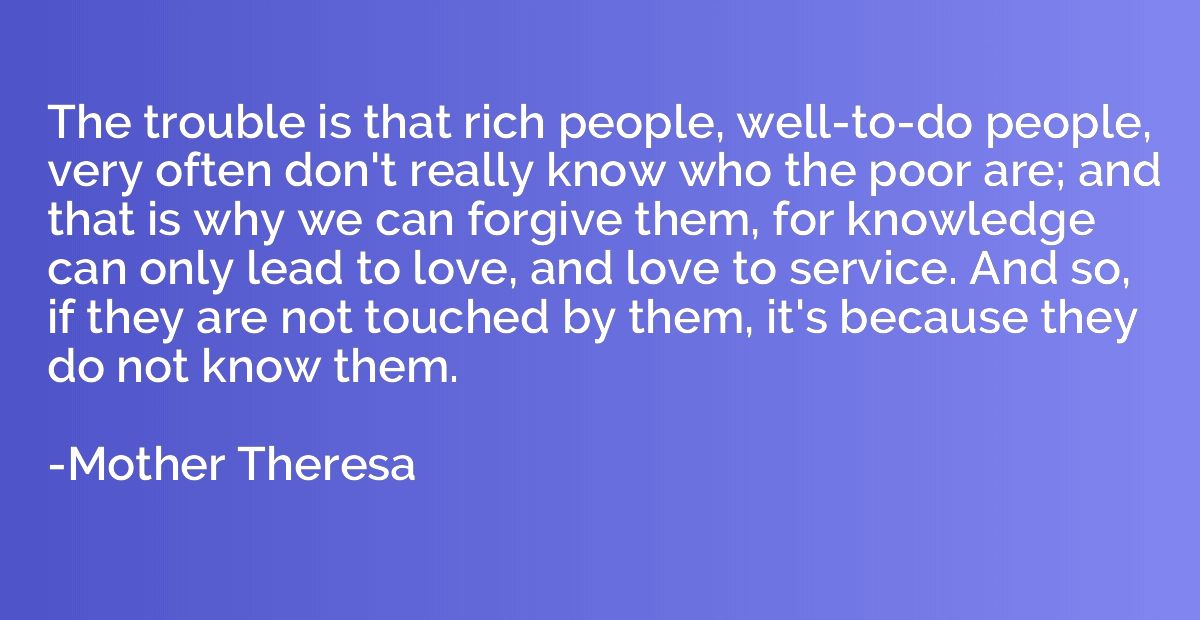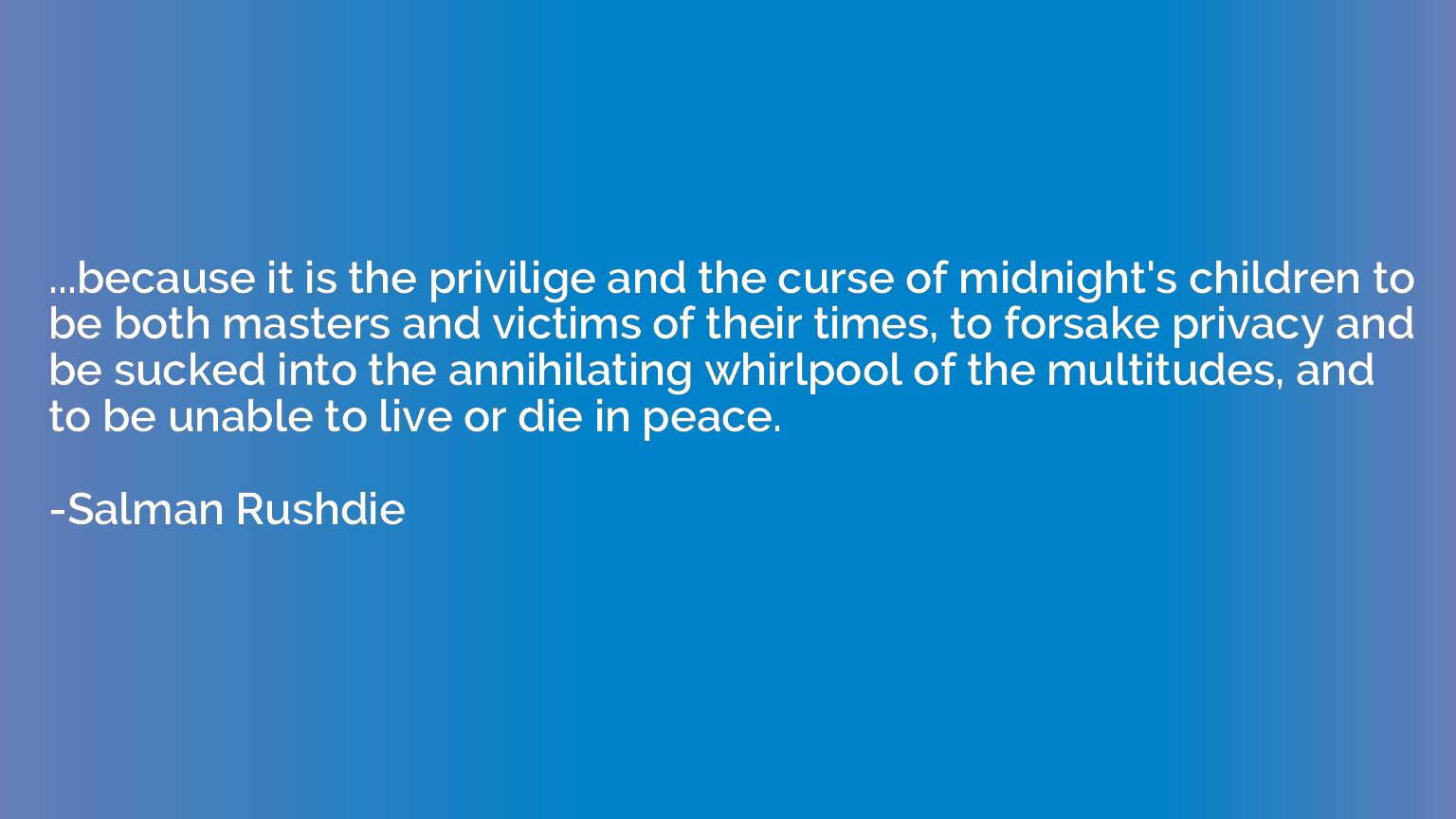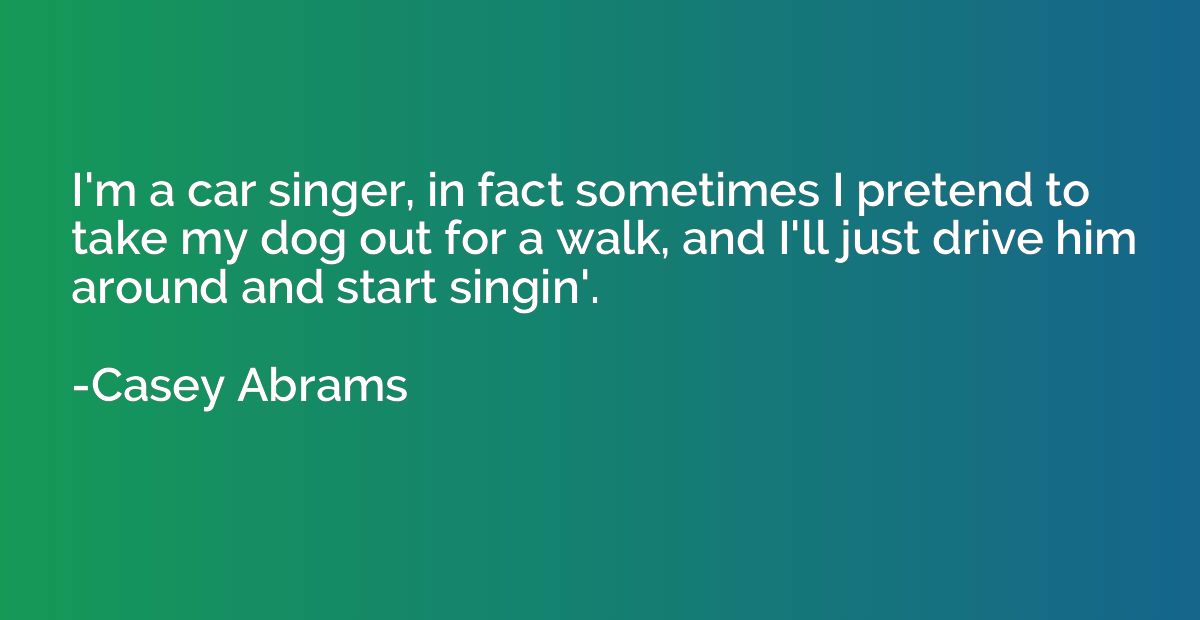Quote by Maria Nurowska
Twoja niezwyk?a m?ska uroda zawsze dzia?a?a na mnie w ten sam sposób. By? to rodzaj podziwu. Gdybym mog?a, patrzy?abym na Ciebie, ca?y czas bym na Ciebie patrzy?a. Ogl?da?abym Twoj? twarz we fragmentach. Zachwyt nad Tob? by? jednocze?nie zachwytem nad moim uczuciem do Ciebie. Istnia?o dla mnie co? takiego jak fenomen ?ycia, fenomen muzyki i fenomen mi?o?ci, a wi?c Ty te? stawa?e? si? kim? wyj?tkowym, zadziwiaj?cym, bo przecie? by?e? moj? mi?o?ci?...
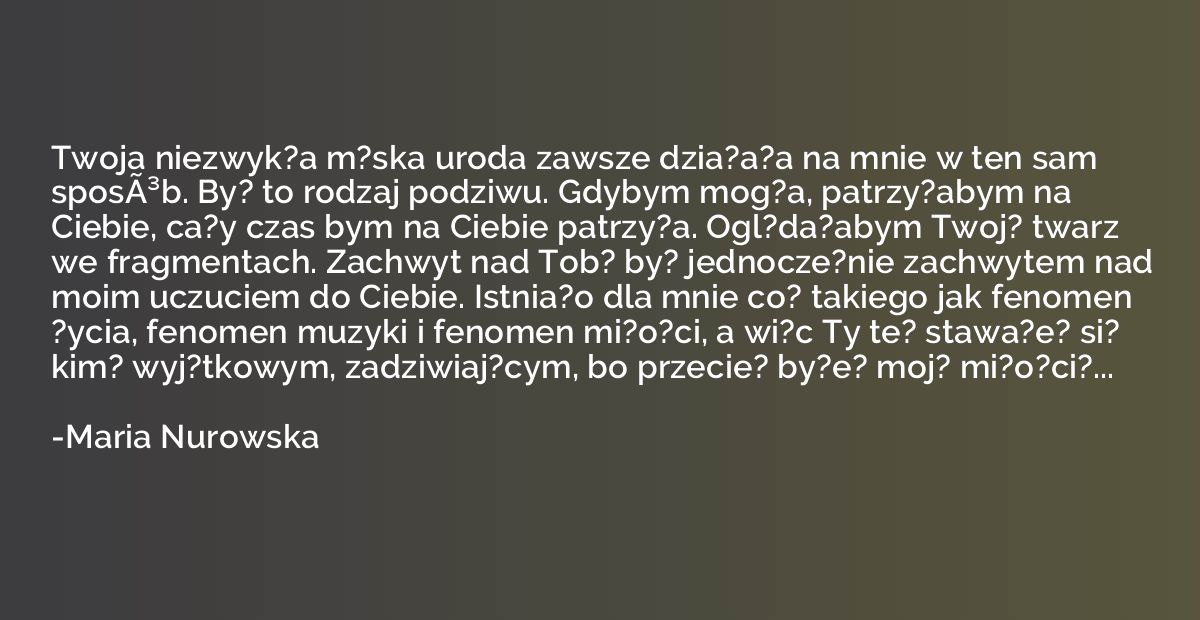
Summary
Tłumaczenie: Twoja niezwykła męska uroda zawsze działa na mnie w ten sam sposób. Wywołuje we mnie podziw. Gdybym mogła, cały czas bym na Ciebie patrzyła. Oglądałabym Twą twarz we fragmentach. Moje zachwycenie Tobą było jednocześnie związane z moimi uczuciami do Ciebie. Istniał dla mnie fenomen w życiu, fenomen w muzyce i fenomen w miłości, więc ty również stałeś się kimś wyjątkowym, zadziwiającym, bo byłeś przecież moją miłością... Explanation: This quote expresses admiration for someone's exceptional masculine beauty, stating that it always elicits a sense of awe. The speaker suggests that they would constantly gaze at the person, observing their face in fragments. This admiration is linked to their feelings for the individual, considering them an extraordinary and astonishing phenomenon, like the wonders of life, music, and love. The person holds a significant place in the speaker's life as their object of love.



